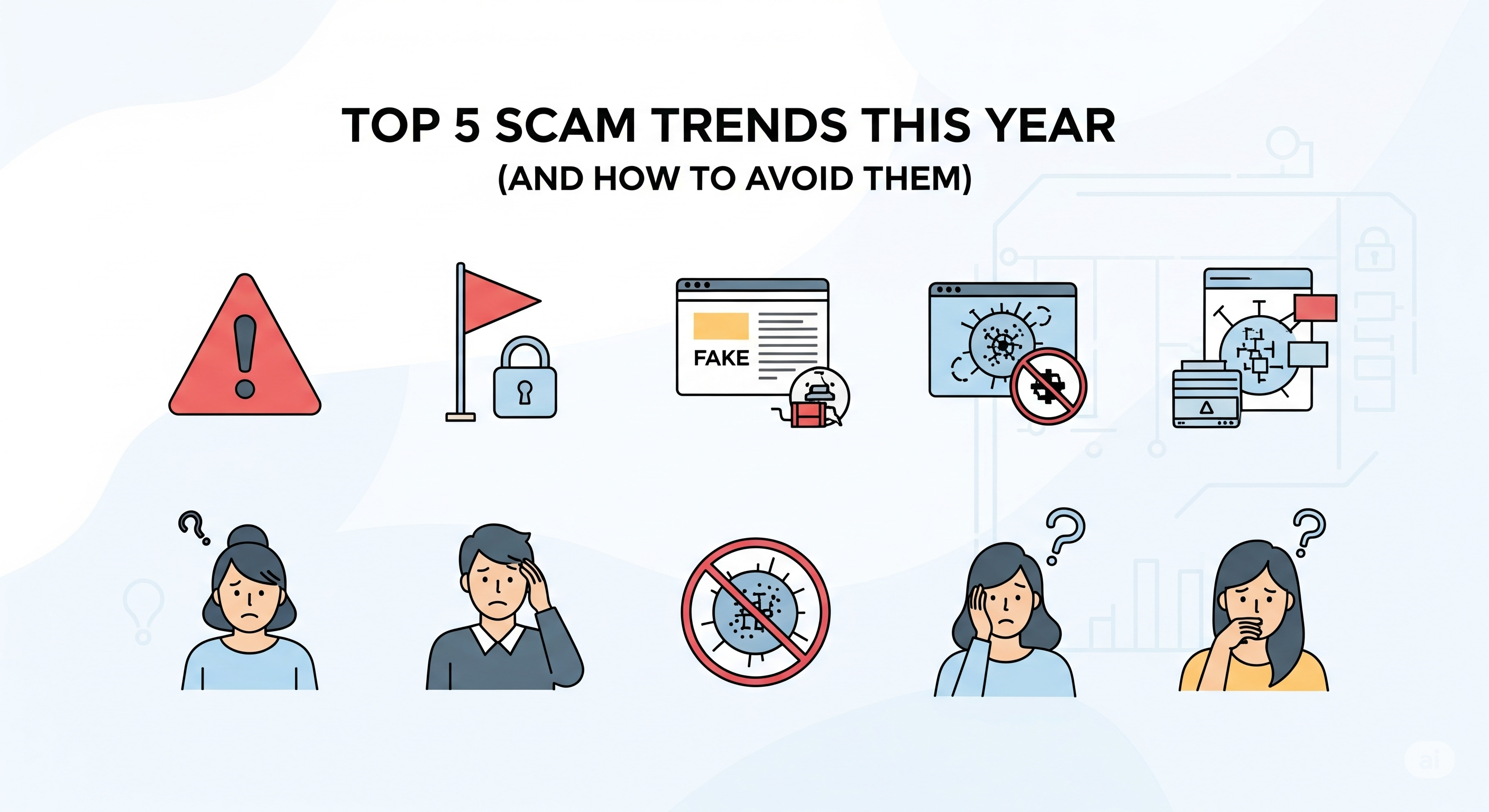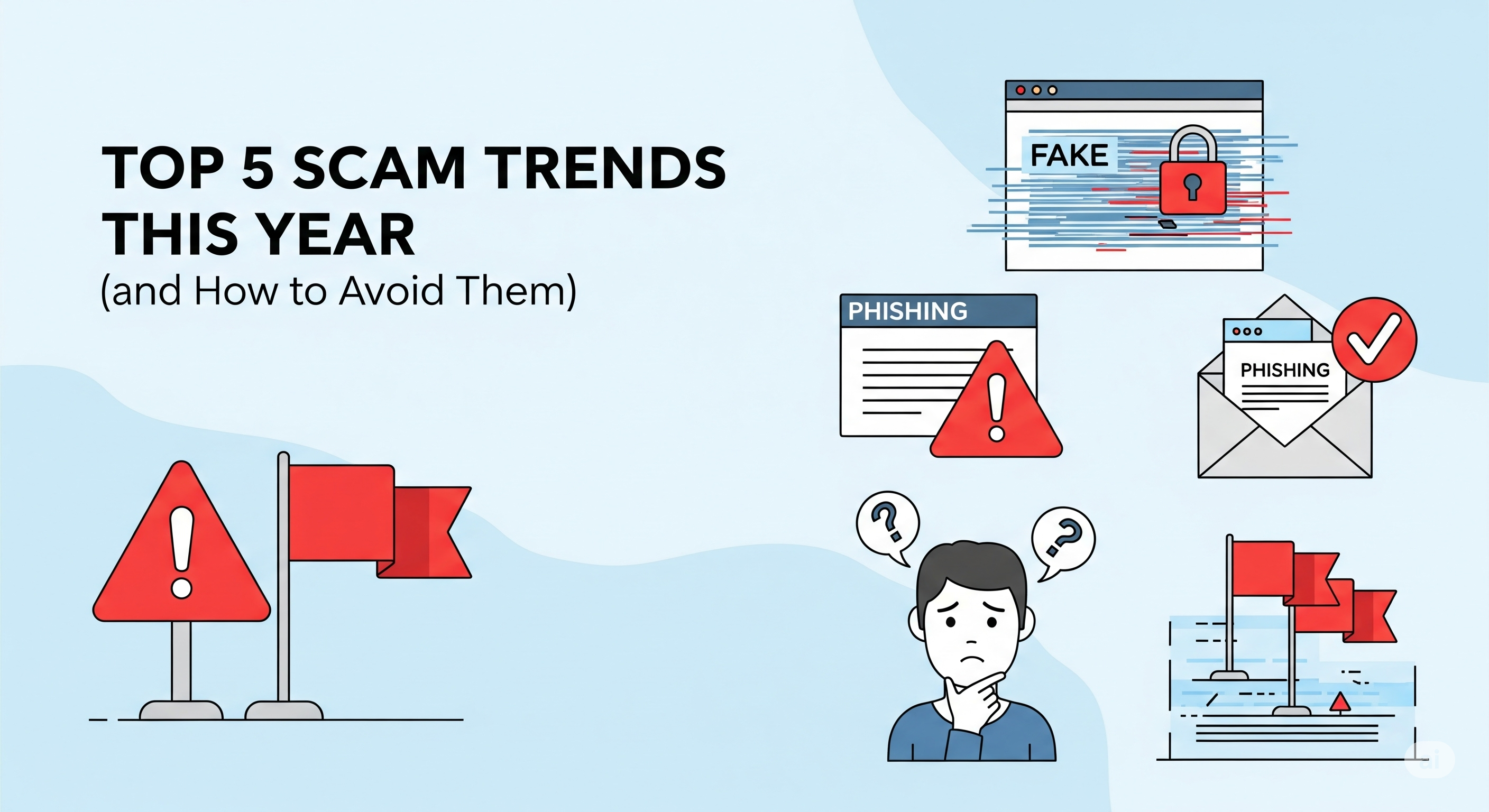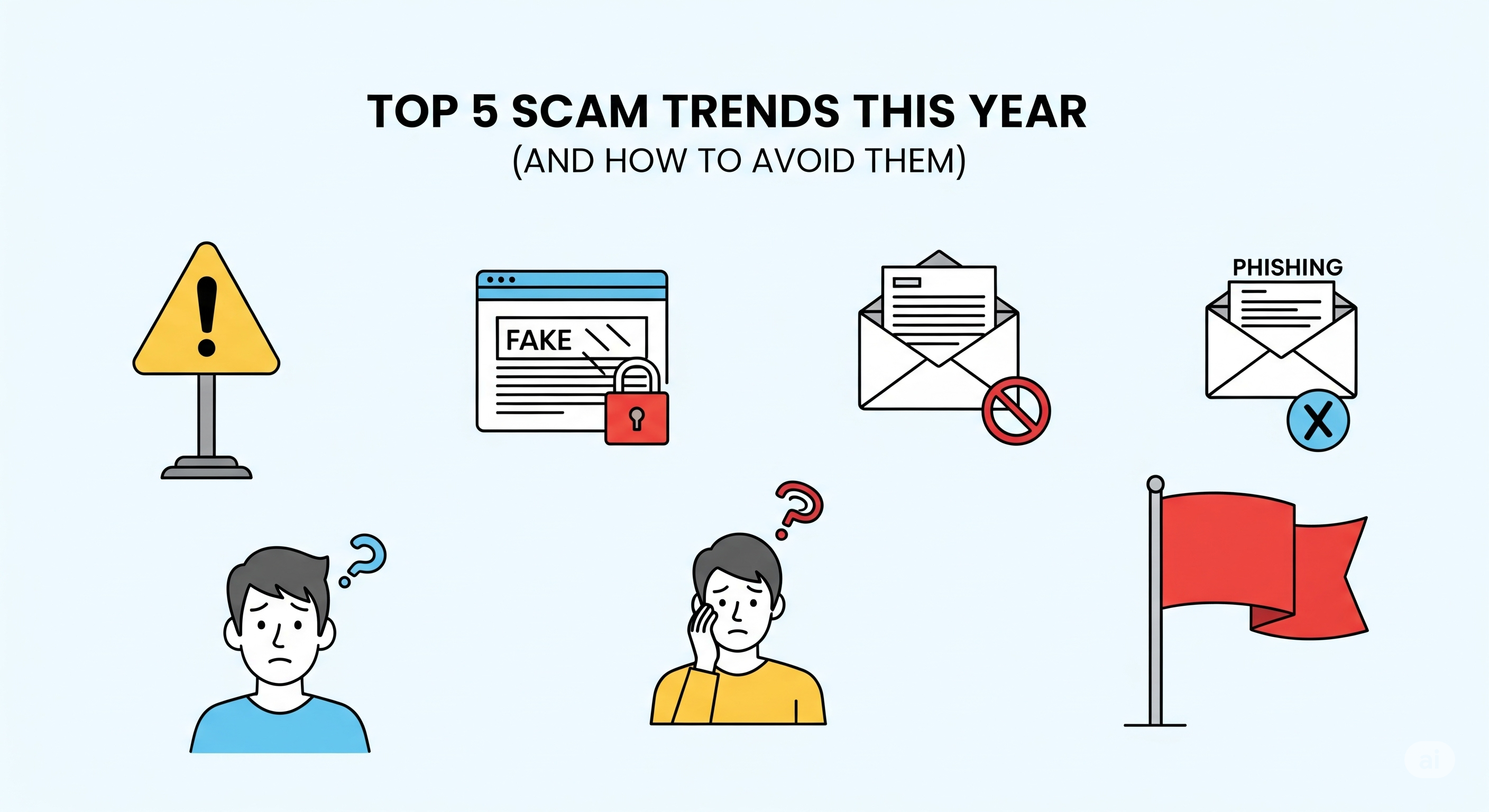Tips & Support
Top 5 Scams and How to Avoid Them
Top 5 Scams and How to Avoid Them
By Admin
Related Topics
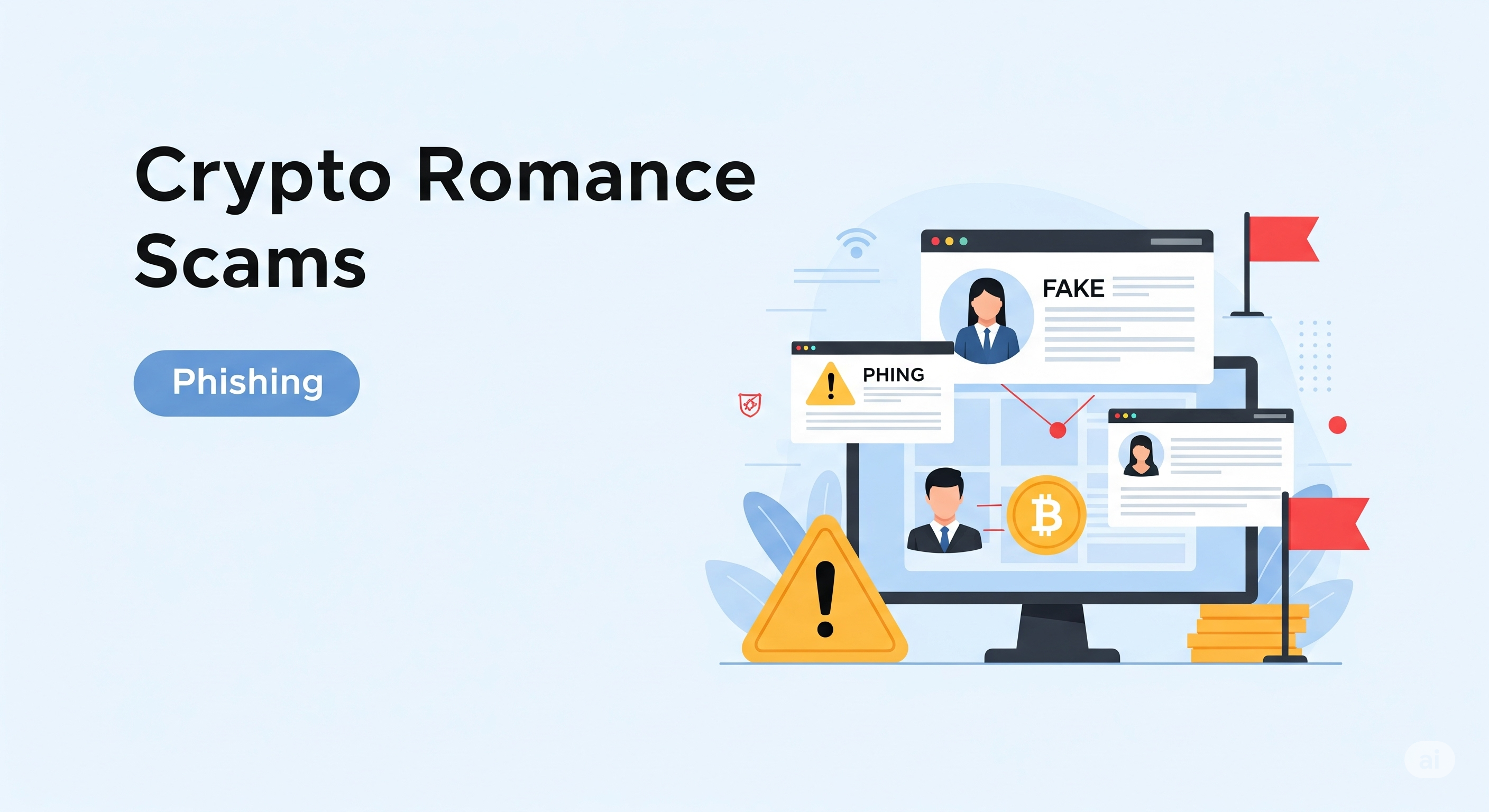
Crypto Romance Scams
In the age of digital love and cryptocurrency a dangerous hybrid scam has emerged nbsp crypto romance scams These scams......
Read More

How Scammers Use Your ID
One of the most significant and quickly expanding risks to people in the digital era is identity theft nbsp Scammers......
Read More

After an Online Scam
It is really scary to fall for an internet fraud nbsp You could feel betrayed and confused for a long......
Read More
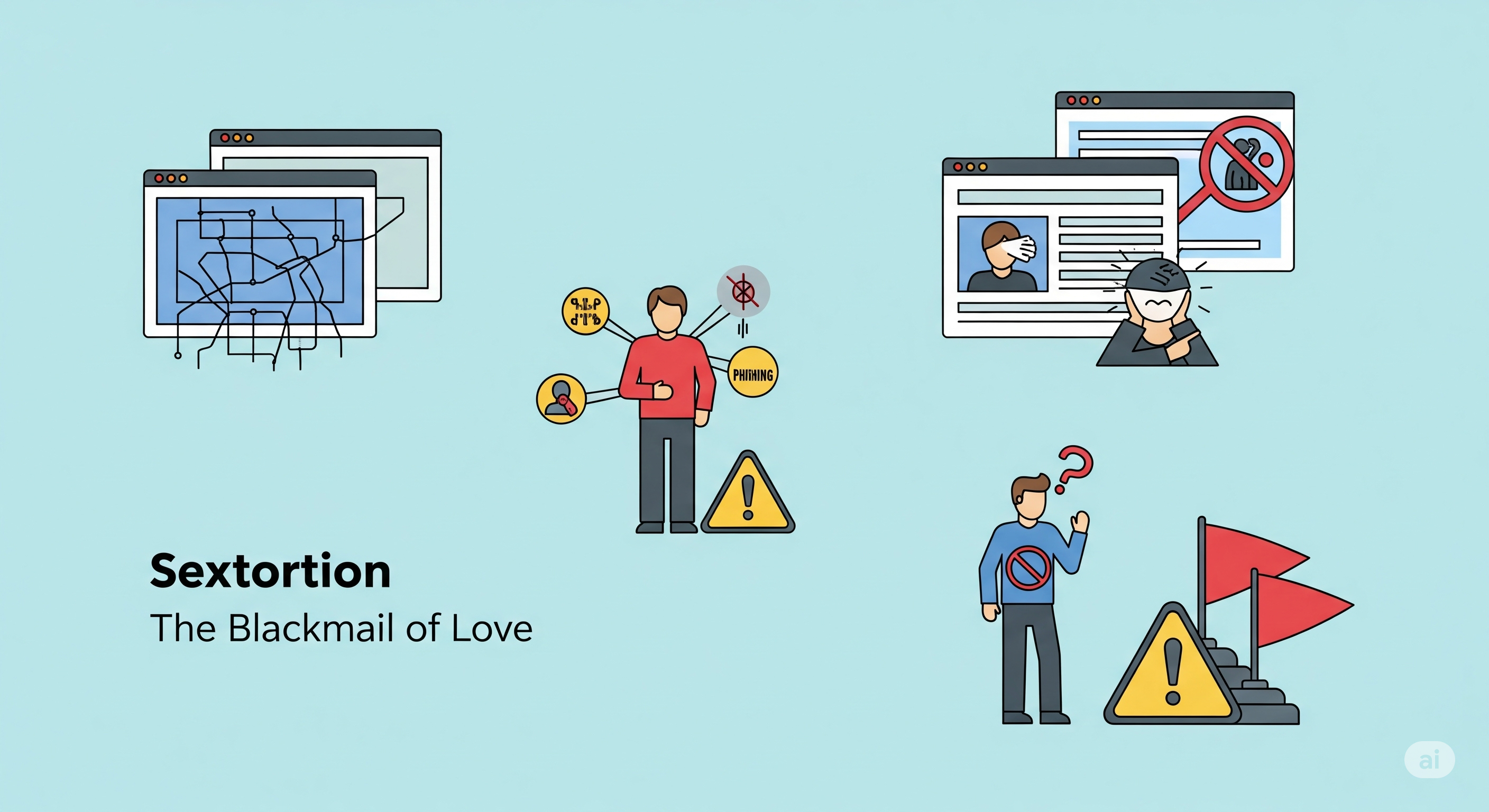
Sextortion The Blackmail of Love
Sextortion an alarming blend of blackmail and digital manipulation is rapidly becoming one of the most destructive online threats facing......
Read More

Crypto Romance Scams
In the age of digital love and cryptocurrency a dangerous hybrid scam has emerged nbsp crypto romance scams These scams......
Read More
How Scammers Use Your ID
One of the most significant and quickly expanding risks to people in the digital era is identity theft nbsp Scammers......
Read More
After an Online Scam
It is really scary to fall for an internet fraud nbsp You could feel betrayed and confused for a long......
Read More
Sextortion The Blackmail of Love
Sextortion an alarming blend of blackmail and digital manipulation is rapidly becoming one of the most destructive online threats facing......
Read More